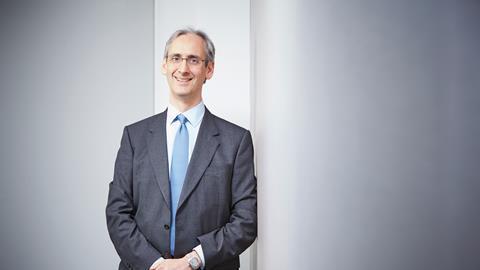Who? Joel Leigh, partner at Howard Kennedy, acted in Supreme Court case Tindall v Thames Valley Police. The appeal concerned whether police responding to an accident on black ice owed a duty to road users who later came upon the same patch of black ice.
Thoughts on the case: ‘The court described the failure of the police to protect my client’s late husband and the driver of the car he collided with from the obvious danger posed by the ice hazard as “a serious dereliction of their public duty owed to society at large”. It held, for the first time, that if the police act in a way which creates an unreasonable and foreseeable risk of injury to the public, they will be held liable, as long as they knew or ought to have known that their conduct would have this effect. This “interference exception” has long been argued for but resisted by UK courts. Here, a member of the public and ex-gritter driver carried out the rescue operation, seeking to flag down traffic. The Supreme Court felt that he fell marginally short in communicating his intention to avoid exactly the collision which occurred. But in countless other scenarios, where intentions are raised by professional rescuers attending the scene, claims will succeed. Careful thought must be applied by public authorities, and protocols and training revised, to ensure these duties are met.’
Dealing with the media: ‘The biggest challenge has been the media’s tendency to focus, understandably, on the fact that the Supreme Court found that the claim against the police failed, albeit by an extremely narrow margin. As a result, the central message of the judgment – that the interference exception opens the door to a significant relaxing of the principles which have for decades blocked claimants’ route to compensation – was somewhat lost in the mix. The legal press has thankfully taken a far more informed and nuanced approach. The second biggest challenge is the need to turn around punchy articles on a complex subject within a tight news cycle.’
Why become a lawyer? ‘I enjoy the challenge which law brings and the opportunity to do good for society.’
Career high: ‘Securing a £15m damages award for a child with brain damage, after over a decade of hard-fought litigation. But I’ve been lucky to get involved in a range of fascinating work.’
Career low: ‘Being sent by my principal as a newly qualified solicitor, on short notice, to oppose a supposedly simple application for summary judgment. I arrived the next morning to discover I had been listed for the day and was facing an eminent silk. It went badly, though the master complimented my “brave, if novel” arguments.’
































No comments yet